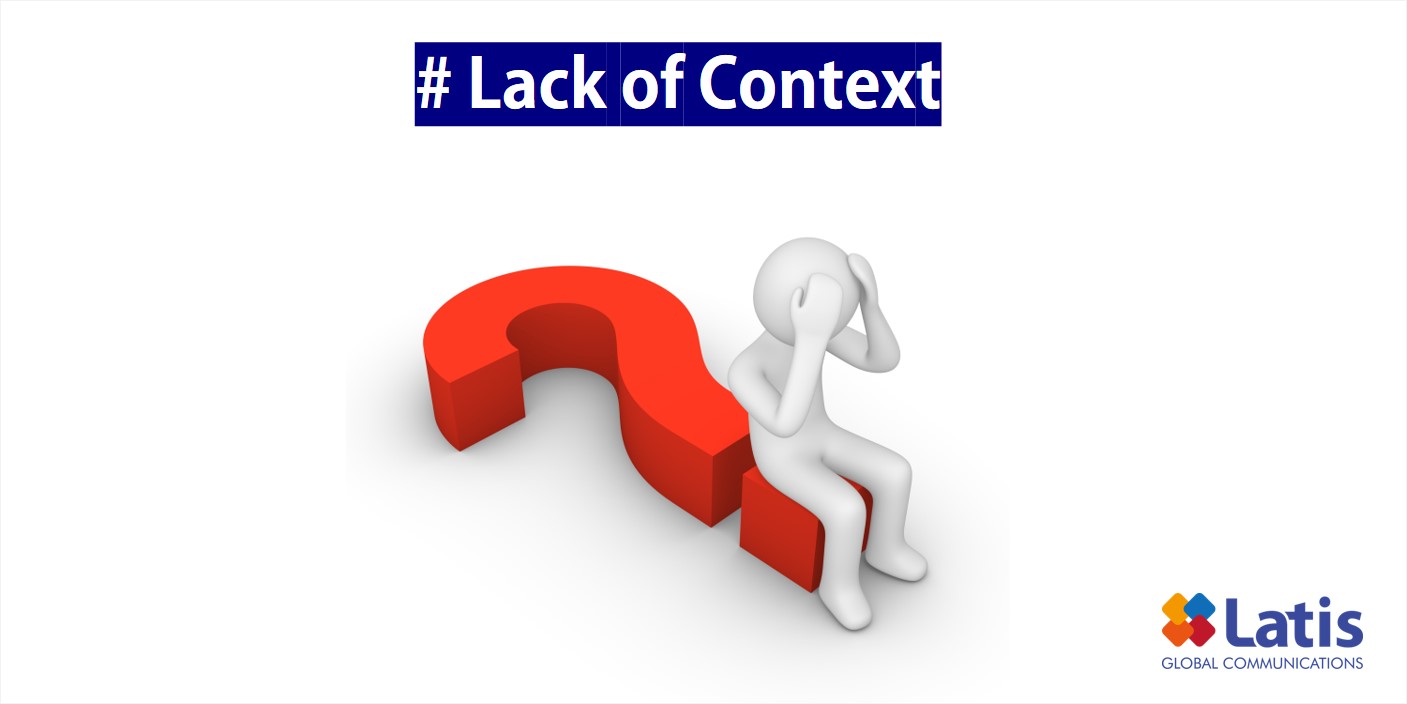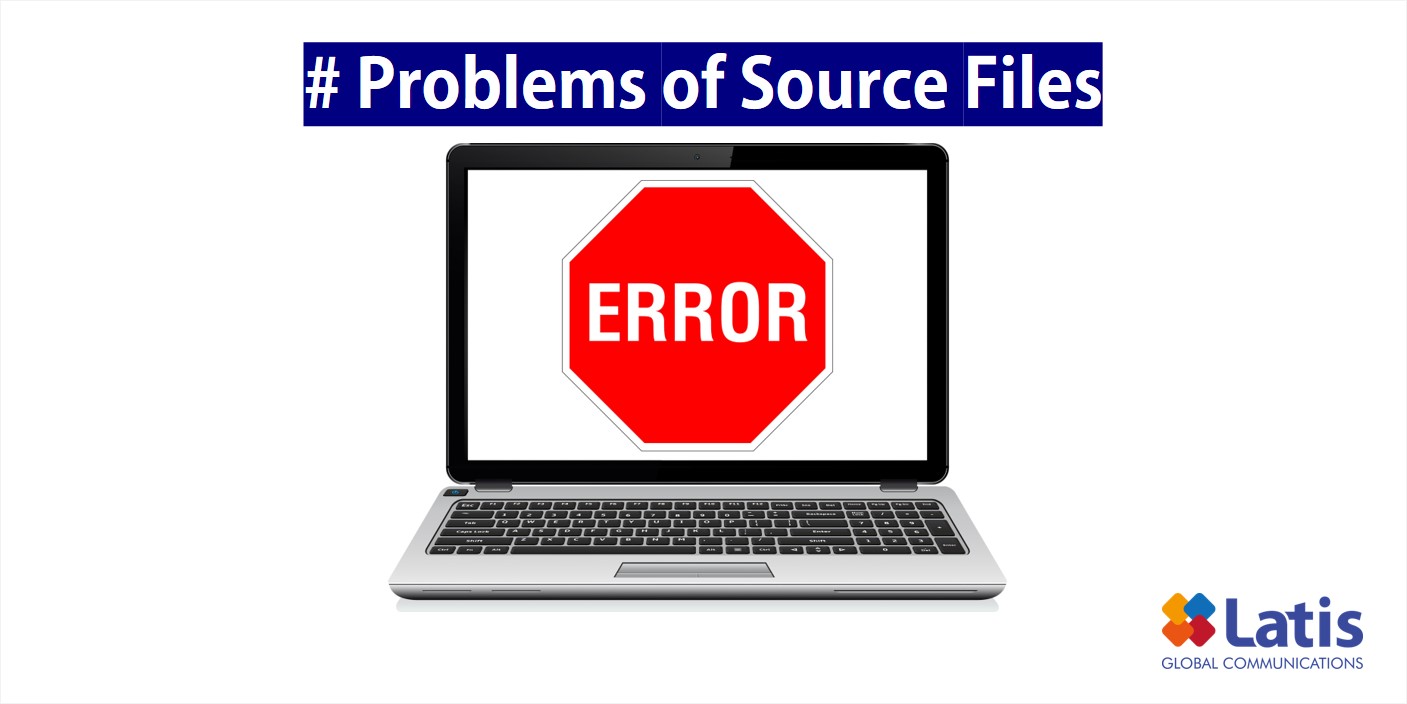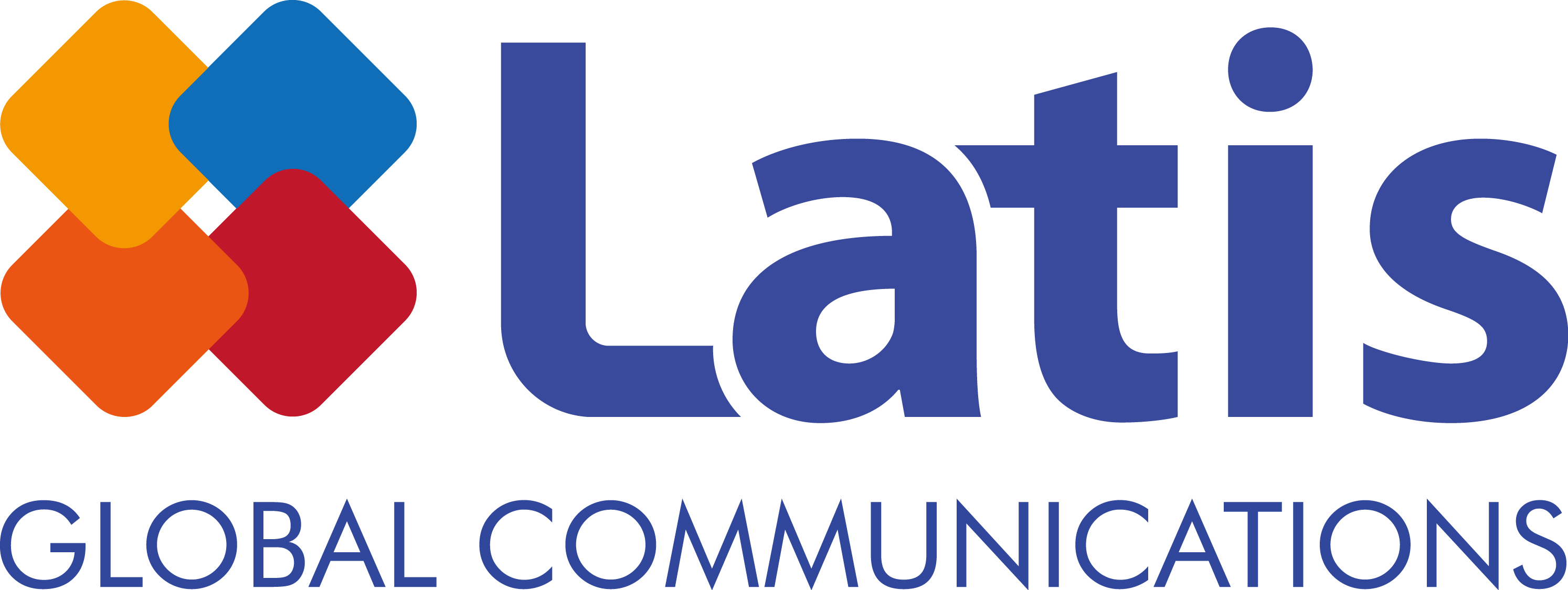
[Game Localization] The Difficulties of Game Translation and Localization
Greetings, we are Latis Global Communications, a company dedicated in localizing games. We provide high quality game services to game developers all over the world. We also provide informative content to help developers successfully expand their market abroad.
Today, we’re going to talk about the difficulties of game translation and localization.
The game industry today is a high value-added industry encompassing entertainment, cutting-edge technologies such as motion capture, VR, and AR, and ideas such as story telling. The industry is projected to grow 10.9%, with a total gaming population of 2.35396 billion, of which 2.22871 billion are mobile platform users, 1.2685 billion PC users, and 0.63833 billion console users in 2018. (Source: KOCCA, Global Game Industry Trends, 2018)

As you can see, the game industry has been growing thanks to the introduction of high speed Internet and new devices. Because of that, many games go on to challenge the global market, and most of them go through the necessary localization process.
However, localization itself does not guarantee the success of a game. The quality of localization matters. There are several factors that make game localization a daunting task. In this article, we will discuss what makes game translation and localization difficult.

1. Lack of Context
Often game translators enter the game translation process with limited information provided. For example, if a given script has difficulty conveying the true meaning (or humor) of a line, the quality of the translation may vary greatly depending on the ability of the translator.
The translators working for Latis Global Communications are experienced game translators who know how to work with a fragmented context by considering the story background, the characters’ relationship with each other and the target audience. For example, in-game dialogue is translated by acknowledging the characteristics of the speaker, the situation they’re in, tone and possible sarcasm, euphemisms, or symbolism. Without all these considerations, the translation could go very wrong.
And when all else fails, it’s always wise to ask the client for more contextual information about the text.

2. Problems of Source and Text Files
Sometimes, the source text from the client has issues such as typos and term inconsistencies. For example, it is a problem if the source uses multiple different terms for a single skill or character.
If these errors are not addressed before the translation phase, they will become a problem when build testing later and the company has to spend more time and resources to standardize inconsistent terms. This could lead to a delay in the schedule.
To prevent this, Latis Global goes through a rigorous process of checking whether there are any errors in the file itself (source rewriting) and a glossary (TB: Term Base) to ensure that translation consistency and style are maintained.

3. Time Crunch
Localizing a game title takes more time than most people think. Many people ask “Why does it take so long to translate this many lines in a game?”.
Although the time it takes to localize a game varies from its genre and language, a game that contains a large volume of text takes more than half a year to localize. Text translation is only half the process as a build test is also required.
There also are many obstacles in translation. One of them is the length difference. For example, ‘검술’ in English is ‘swordsmanship’, and as you can see, its significantly longer than the source. The text length increases in translation and causes problems in-game.This takes some time to adjust but until the game is released, it is common for the localization team to have a tight schedule.
In the case of Latis Global, we provide services of the highest quality by putting in our best effort to keep the delivery date despite tight scheduling and issues that arise in that time.
Our experience is the key to maintaining this high quality in localization. Game developers and distributors who want to go abroad should always work with a trustworthy localization partner.
Did you find this article useful? In the next article, we will discuss the four reasons why localization is necessary.

Our extensive knowledge of video games helps us to deliver superior gaming services.
We are a team made up of game specialists who fully understand and love video games.
We provide our clients with the highest quality gaming services for all types, platforms, and genres of video games. With considerable knowledge and experience, we support global video game developers and publishers for their successful launch.

